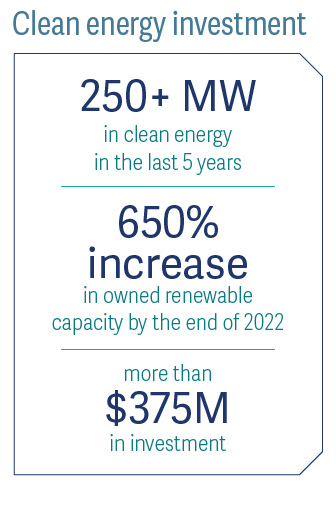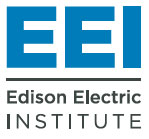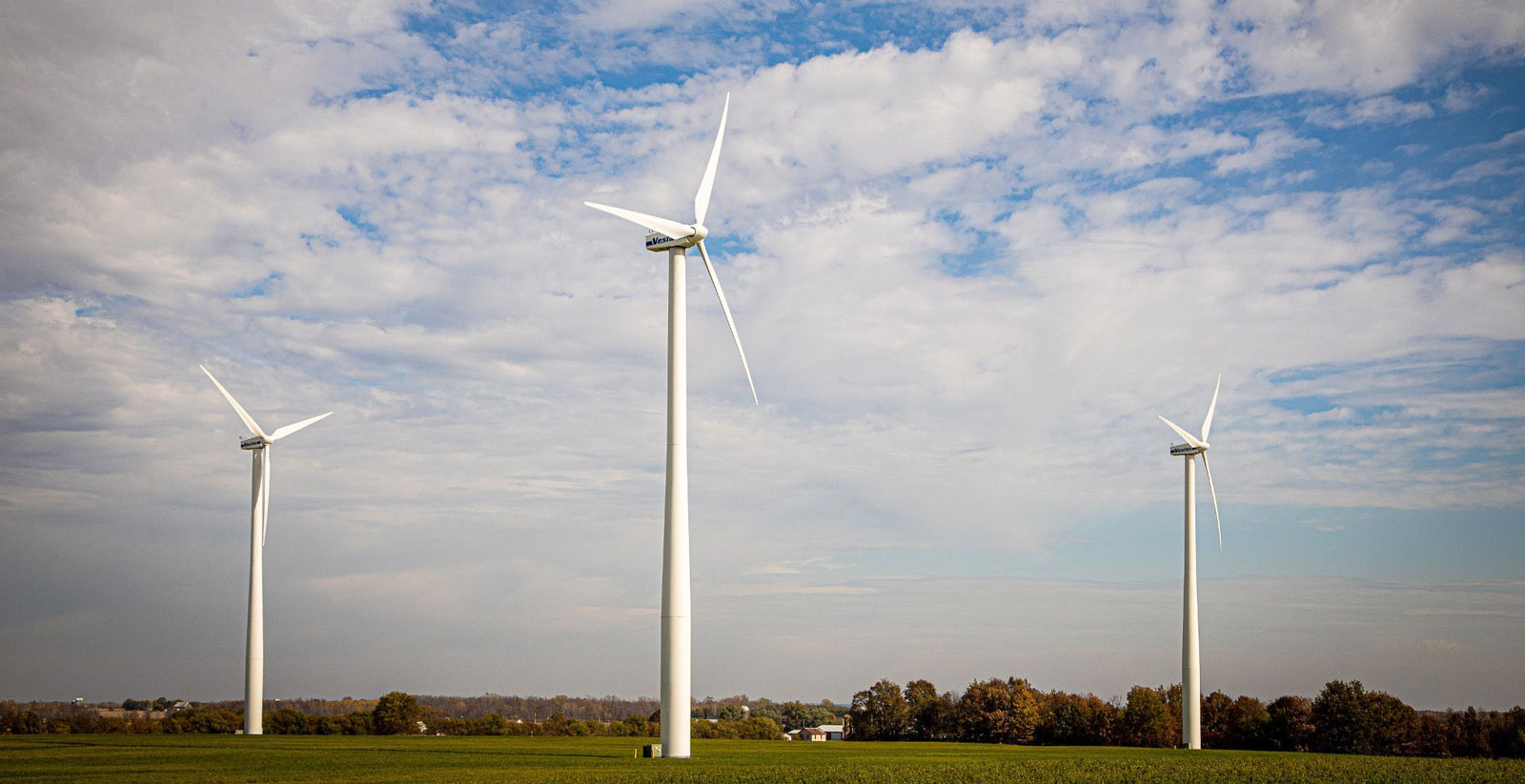Strategy and Sustainability Snapshot
MGE is targeting net-zero carbon electricity by 2050
Our strategies to achieve deep decarbonization
- Decarbonize electric generation
- Help our customers use energy efficiently
- Electrify other energy uses, including transportation

Our philosophy
We are working to achieve deep decarbonization, consistent with current climate science, as quickly and as cost-effectively as we can. Our carbon reduction goals reflect our vision and signal our direction but do not determine our pace. Consistent with the Paris Agreement on climate change, we committed in 2015 to reducing carbon at least 40% by 2030 (from 2005 levels). In May 2019, MGE announced a goal of net-zero carbon electricity by 2050, which aligns with the Intergovernmental Panel on Climate Change (IPCC) and its assessment of limiting global temperature increases to 1.5 degrees Celsius. Consistent with the latest climate science, we expect to achieve carbon reductions of 65% by 2030.
MGE continues to pursue globally recognized strategies to achieve our ambitious net-zero carbon goal. We’ve said since introducing our clean energy and carbon reduction goals—if we can go further faster through partnerships with our customers and the evolution of new technologies, we will.
Our transition to net-zero carbon
MGE has no controlling interest in coal-fired power plants. In 2016, MGE reduced its minority ownership in the Columbia Energy Center, a coal-fired power plant, dropping our megawatt (MW) capacity share by about 14%.
Since introducing our Energy 2030 framework in November 2015, we have announced more than 250 MW in clean energy projects, which we expect will result in renewable capacity growth of about 650% by the end of 2022. MGE will have invested by the end of 2022 more than $375 million in clean energy generation. These investments represent an increase of about 21% to the company’s $1.8 billion asset base in 2018 when the clean energy buildup began. Clean energy will dominate our strategy for achieving deep decarbonization by mid-century.
Our partnership with the UW-Madison's Nelson Institute for Environmental Studies
In 2019, MGE began working with Dr. Tracey Holloway from the University of Wisconsin-Madison’s Nelson Institute for Environmental Studies to evaluate the company’s goal of net-zero carbon electricity by 2050. Her analysis was done within the context of the October 2018 special report on global warming of 1.5 degrees Celsius by the IPCC. Dr. Holloway used energy use models to analyze MGE's goal. The models suggested that by 2050, emissions from electricity generation in industrialized countries should be 87% to 99% lower than the 2005 baseline. MGE's plan for net-zero carbon emissions by 2050 is a 100% reduction from 2005 levels and reflects carbon reductions consistent with limiting global warming to 1.5 degrees Celsius to prevent the most severe impacts of climate change. We continue to partner with the Nelson Institute to further inform how best to employ our key strategies within our community and with our customers to achieve carbon reductions. The UW-Madison report is available at mge.com/netzeroreport.
Our commitment to ESG-related matters
Strong oversight by our community-focused Board of Directors, our board’s engagement with management and our participation in third-party benchmarking and evaluation programs help us assess our performance and promote continuous improvement in our proactive approach to corporate responsibility and companywide sustainability, risk assessment and mitigation, and long-term strategy.
Our commitment to transparency and disclosure

We have reviewed the recommendations of the Task Force on Climate-related Financial Disclosures (TCFD), performed an analysis of our disclosures relative to the TCFD recommendations and determined that our companywide disclosures are consistent with and responsive to the TCFD guidance and recommendations. We are committed to helping customers, investors and other stakeholders better understand our strategies, risks, challenges and opportunities as we transition to a more sustainable, net-zero carbon future. For our Edison Electric Institute (EEI) environmental, social and governance (ESG)/sustainability reporting templates, visit mgeenergy.com/environment.
